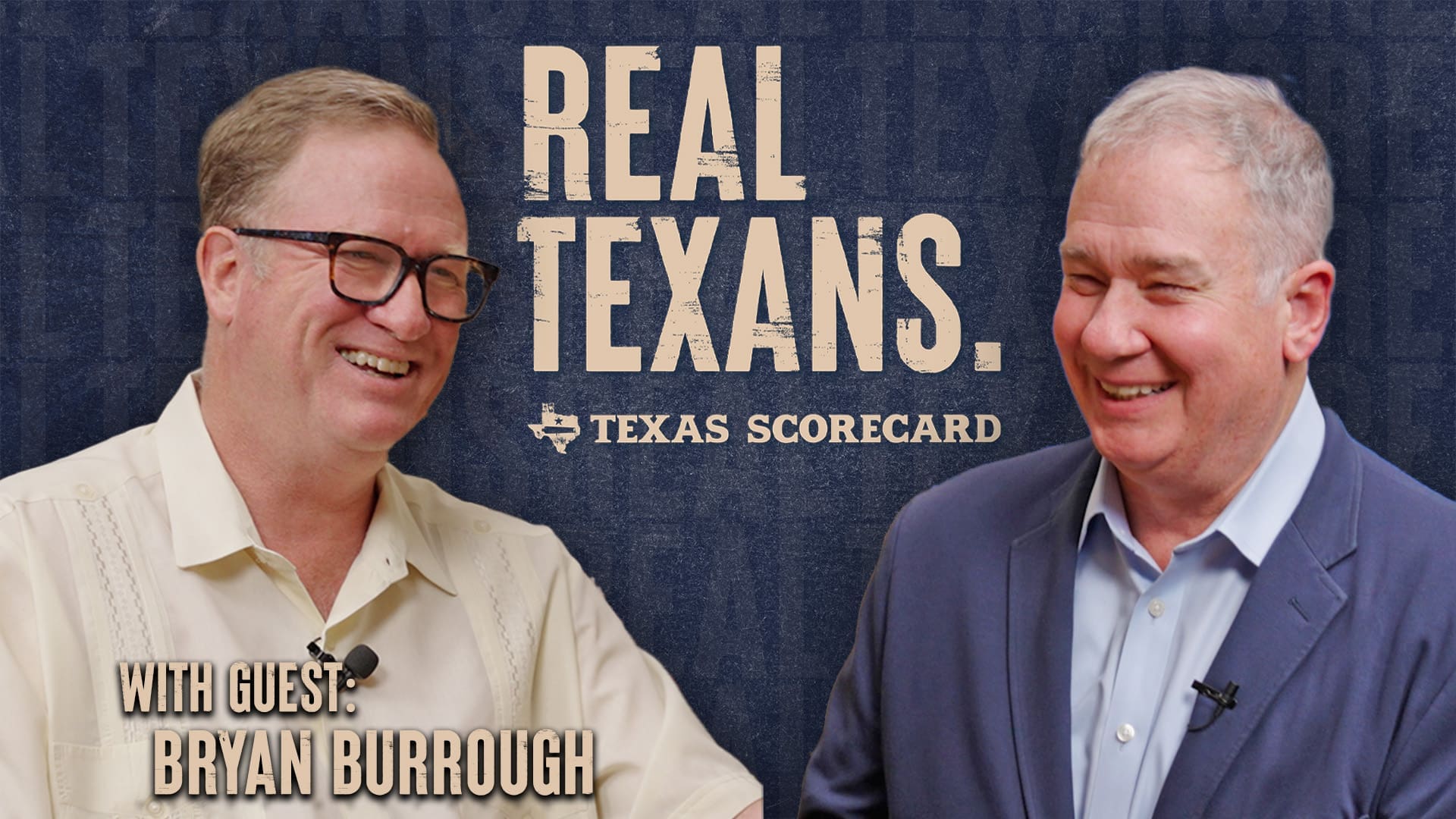Right now, University of Texas at Austin President Bill Powers is considering a recommendation to increase tuition by the maximum the Board of Regents indicated it would consider (2.5 percent for undergraduates, a higher percentage for law and graduate students). As part of an effort to create the impression of public support for the increase, UT administrators held a series of closed-door meetings with a hand-picked group of student and faculty leaders known as the Tuition Policy Advisory Committee (TPAC). The Daily Texan requested admittance to these meetings, and despite a state law intended to make this process more open, the Texan (and other interested media) were denied admittance to the closed-door meetings.
Right now, UT and Gov. Rick Perry are locked in a bitter conflict over reform of public universities. Perry wants more cost-controls and faculty to teach more, while UT administrators and their allies are fighting his financial reforms and continuing to raise tuition. And it appears open government may be a casualty of this fight as well.
UT held closed-door meetings in spite of the fact that Rep. Bryan Hughes (R-Mineola) passed an amendment to SB 5 that required fee advisory committee meetings to be open to the public. Many conservatives had serious reservations about SB 5 (which eliminated a series of statistical and financial reports that state universities have to make), but most remained quiet about it because House Higher Education Committee Chairman Dan Branch (R-Dallas) agreed to remove the parts of the bill they disliked the most and because he kept the Hughes amendment on the bill.
The issue of transparency in the budget and tuition-setting process is significant because a lot of the student government officials – who are seniors – support the administration’s spending and tuition increases, knowing they won’t have to face their voters (the students) again. The closed-door meetings are designed to shield them from what little accountability exists in this process. Right now, a legislative committee is examining transparency in higher education.
Here is the link to today’s Daily Texan article, which details all of this: https://www.dailytexanonline.com/news/2011/11/28/committee-sends-tuition-recommendations-powers
Note the key relevant passage of the Texan article:
TPAC’s meetings were not open to the public because the group only has the power to make recommendations, unlike the Board of Regents, which sets the tuition rates.
Committee co-chair Steven Leslie, executive vice president and provost of the University, said he wants the tuition-setting process to be transparent, but the TPAC meetings are closed because members discuss confidential budget information.
TPAC co-chair Kevin Hegarty, vice president and chief financial officer for the University, said the meetings are closed for the sake of the committee members.
“It has to do with making people feel open to expressing their opinions,” Hegarty said.
How can the budget of a state agency be confidential? The Texas Public Information Act (Government Code, Chapter 552) declares agency budgets to be an open record. Further, the Texas public information act declares that “The people, in delegating authority, do not give their public servants the right to decide what is good for the people to know and what is not good for them to know.”
How can UT close these meetings? The Hughes open government amendment reads as follows:
Sec. 54.5033. STUDENT FEE ADVISORY COMMITTEE MEETINGS OPEN TO PUBLIC. (a) A student fee advisory committee established under this chapter shall conduct meetings at which a quorum is present in a manner that is open to the public and in accordance with procedures prescribed by the president of the institution.
(b) The procedures prescribed by the president must:
(1) provide for notice of the date, hour, place, and subject of the meeting at least 72 hours before the meeting is convened; and
(2) require that the notice be:
(A) posted on the Internet; and
(B) published in a student newspaper of the institution, if an issue of the newspaper is published between the time of the Internet posting and the time of the meeting.
(c) The final recommendations made by a student fee advisory committee must be recorded and made public.
The only advisory committee specifically mentioned in Chapter 54 is the student fee advisory committee, which advises students on the student service fee, but not tuition. UT promised — when seeking tuition deregulation — that they would consult student leaders, but that promise — and the advisory committee created to keep that promise — did not receive statutory recognition. Therefore, while UT is completely ignoring both the intent and spirit of the Hughes amendment, they may have a decent case that they are following the letter of the law.
Gov. Rick Perry and the Texas Public Policy Foundation are trying to make higher education more transparent and give Texas taxpayers and UT students a better value for their hard-earned money. The fact that UT is trying to set its tuition and write its budget behind closed doors shows why these reform proposals are needed and long overdue .
This is yet another instance of the UT administration undermining open government. The normal penalty for violating the Texas Open Meetings Act (Chapter 551 of the government code) would be that the actions of any closed meeting would be void, meaning in this case that UT would have to withdraw the tuition increase and start over. The reaction to this incident will show whether legislative leaders are willing to join with the governor in seeking more transparency in higher education or whether they are merely water-carriers for big-spending university administrators.




